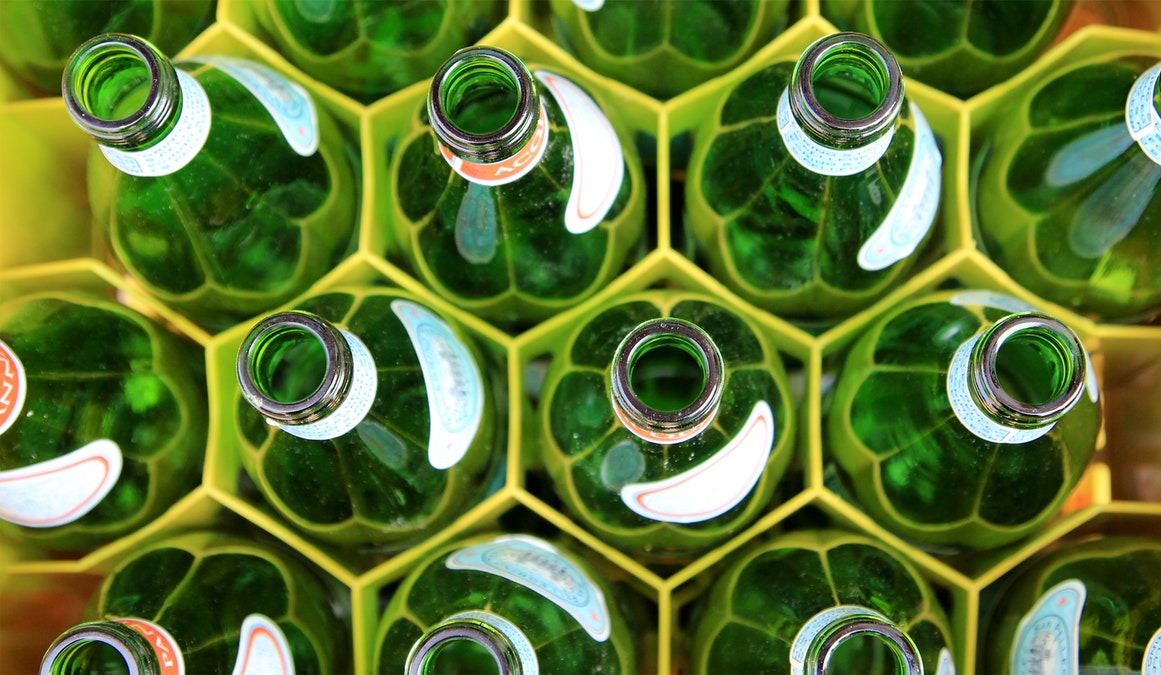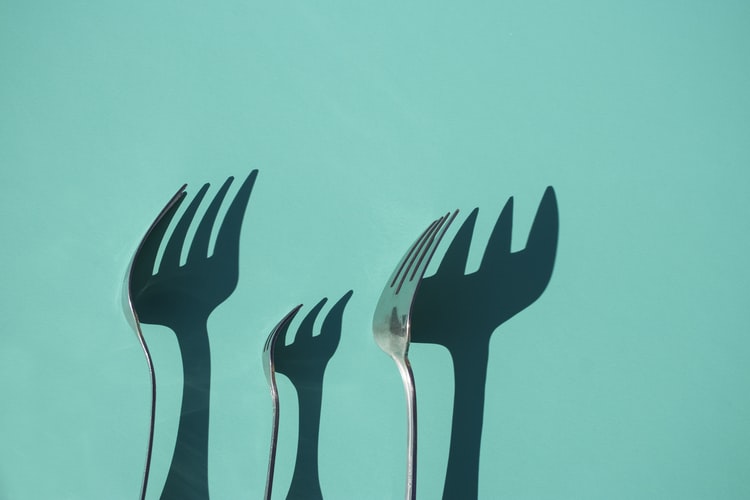October 16 will be the day of the fight against waste and it is a date that we do not want to forget.
What if by reducing our waste, we reduced our expenses and our impact on the environment?
It is possible today and it is the fashionable movement. Witness the #antigaspi that has flourished on social networks.
Even if you are not present on social networks, this movement cannot leave you indifferent. Everyone is concerned and a few figures can convince you. Food waste represents 10 million tonnes of food products per year , or nearly 20 kg per French person per year, which would represent between 500 and 1500 euros per year of food that is still edible!
We have therefore decided to give you some advice to apply on a daily basis

To save energy with simple gestures
- When you need boiling water (pasta, vegetables): use a kettle first, which is much more energy efficient than a pan on a stove, then decant
- With induction plate: use utensils of the exact size of the plates, otherwise the energy losses are considerable (to boil water, as above, prefer the kettle to the Boost function which consumes a lot of electricity )
- Oven: start your cooking in a cold oven and stop the oven ten minutes before the end of the planned cooking. The heat from the oven will continue to cook the food without consuming energy. Double the remaining cooking time for perfectly cooked meals! By combining the two methods, you can save 20-25% energy . Obviously, whenever possible, cook several dishes at the same time and freeze!
- The smaller the pieces, the faster the cooking: whole carrot or julienne, more than 50% difference in energy consumption! So, to your knives! See the excellent treatise on miamology on this subject for technical explanations, or take inspiration from the great chef Alain Passard.
- Discover the taste benefits of cooking at low temperature! Alain Passard talks about it a lot. Fresh vegetables generally contain enough water for them to cook almost without adding external water, at 100-120°C. It takes longer, but if you cut small pieces, the cooking time remains reasonable and requires less supervision.
- To clean a burnt pan: when you have finished using the pan in question, take advantage that it is still hot to pour a little water and baking soda! This is an effective method that will save you liters of water!
Do not throw anything, or almost, in 6 points

- Be a Fan of Fans! All plant leaves and more specifically their non-woody parts (radish, turnip, etc.) can be eaten after cooking and prior soaking in water and baking soda. Try, for example , pasta with radish tops. A marvel and you will only need a sliced onion and sauté the radish tops with it!
- Bread: anything you buy that exceeds your daily consumption: freeze!
- Compost if you have the space: a balcony is enough for a small compost bin
- Learn how to cook leftover food: broths, sauces, pasta, rice will welcome them (perfectly accompanies the “batch cooking” explained below)
- Manage your refrigerator! Place products with use-by dates on the front and all others on the back. You will therefore avoid wasting them by consuming them first. Take care to keep the products most sensitive to the cold in the coldest part of your appliance.
- In the freezer, store newer produce at the bottom and remove air from packages to reduce oxidation. Avoid the accumulation of condensation ice which reduces the energy efficiency of the unit.
You don't have time to cook, cook while saving, it's possible, reduce waste too.
A few organizational changes are often useful, to find alternatives to desperate dishes (pasta in water!) or prepared dishes.- Cook recipes: What better way to avoid waste and leftovers than to respect recipes and proportions? Contrary to what one might think, following the recipes to the letter will not make you pay more, on the contrary, you will buy less and better. All you have to do is organize yourself by preparing your shopping list in advance!
- Cook bases for several meals in advance : This is also the concept of the very fashionable "Batch cooking" which can be translated as: cooking in batches . Cook equivalent quantities of an ingredient for two to three meals in a neutral way: you will keep 1/3 in the fridge for a few days, 1/3 in the freezer and you will consume the remaining third. This is valid for all vegetables and most foods. This results in a very significant saving of time and energy. All that remains is to vary their final accommodation: rice, pasta, quinoa, etc.
 04 74 03 98 80
04 74 03 98 80









